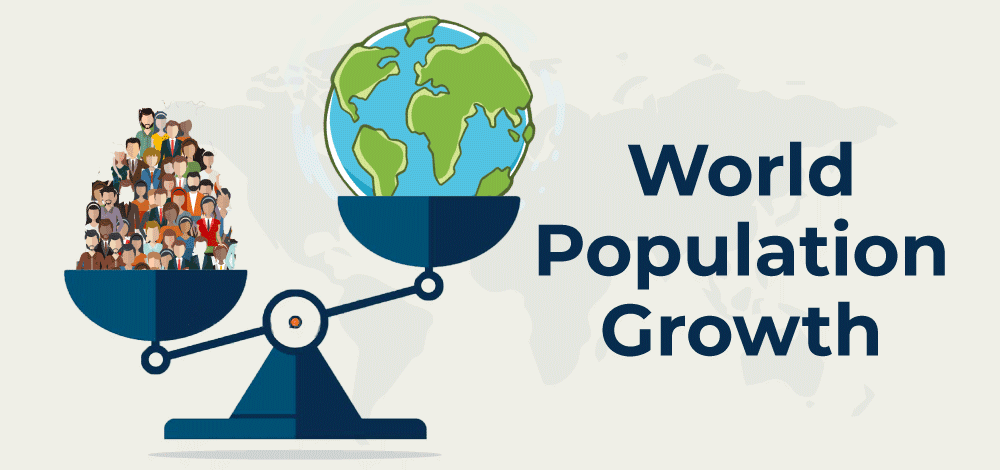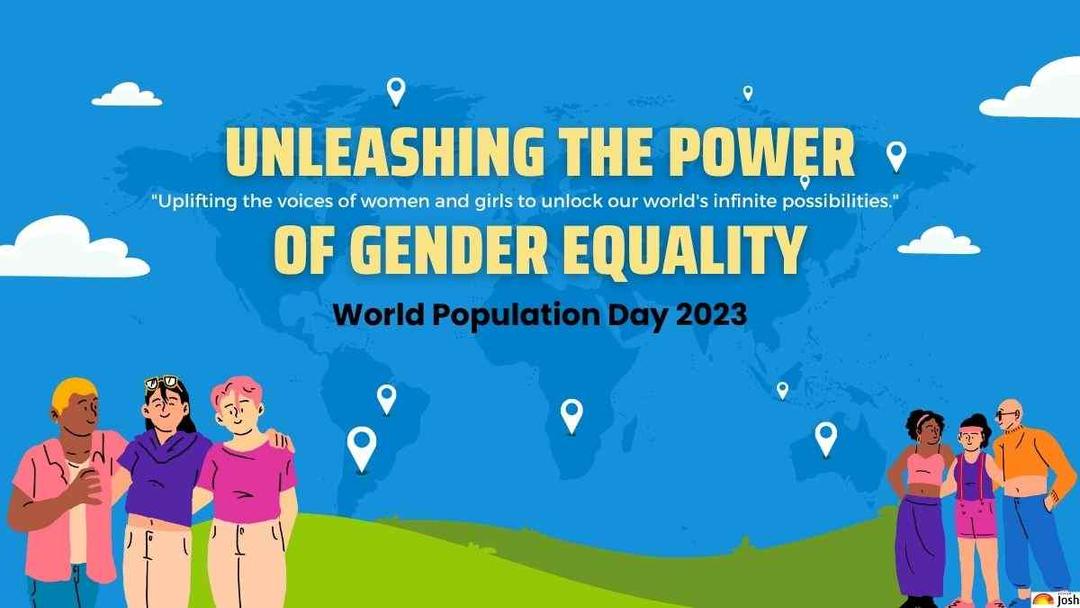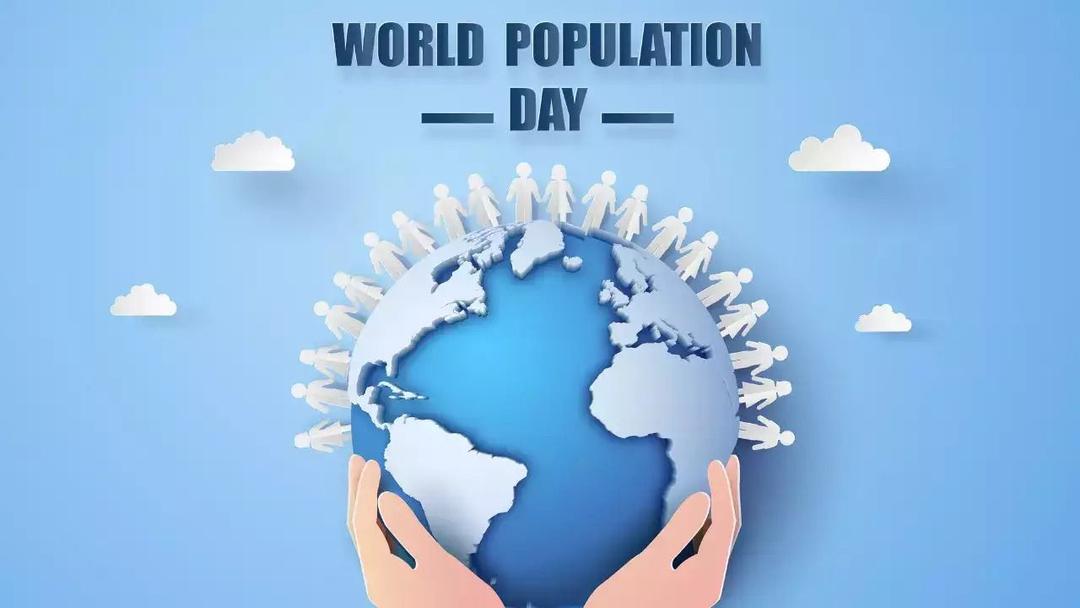Every year on the 11th of July, World Population Day is observed globally to bring attention to population issues and their impact on development and the environment. This day was established by the United Nations in 1989, in response to the world's population reaching five billion. As of 2023, the global population stands at approximately 7.8 billion. As we mark this year's World Population Day, let's take a moment to reflect on the significance of this day and the challenges posed by our continually growing global population.
Unprecedented Growth and Its Implications

The world population has experienced unprecedented growth in the last century. In 1900, the global population was about 1.6 billion; by 2000, it had ballooned to around six billion. Today, we stand at close to 7.8 billion, and it's estimated to hit nearly 10 billion by 2050, according to the United Nations.
This explosive growth has significant implications. On one hand, a larger population can lead to greater innovation, cultural diversity, and economic growth. On the other hand, it also presents challenges such as overconsumption of resources, environmental degradation, and increased pressure on social and economic systems. The key to managing this growth lies in sustainable development and ensuring equal opportunities for all.
Sustainable Development in the Face of Population Growth
Sustainable development is the bedrock of managing a growing population. This means meeting the needs of the present without compromising the ability of future generations to meet their own needs. Key focus areas include resource efficiency, reducing emissions, and ensuring access to necessities like food, clean water, education, healthcare, and more.
We have made progress in many areas. For instance, the global poverty rate has decreased significantly, and more children have access to primary education than ever before. However, challenges like climate change and socioeconomic inequality remain. In less developed countries, rapid population growth often outpaces economic development, leading to poverty and resource scarcity. Hence, more work is needed to ensure that development is not only sustainable but also equitable.
Fostering Equitable Opportunities

World Population Day is also about fostering equitable opportunities for all, regardless of gender, socioeconomic status, or geographic location. Education, particularly for girls and women, plays a crucial role in this. Studies have shown that increasing women's educational attainment helps reduce fertility rates and improve child health, leading to slower population growth and better development outcomes.
Moreover, access to family planning services and reproductive health care is crucial. It allows people to choose the size of their families and the spacing of children, which can have a profound impact on population growth rates. Despite progress, however, an estimated 214 million women still lack access to modern contraceptives, especially in developing regions.
Conclusion
As we commemorate World Population Day, we should celebrate our shared humanity and the progress we've made. At the same time, we must also reflect on the challenges that come with a growing global population. Striking a balance between population growth and sustainable development is not an easy task, but it is certainly achievable. This balance requires global cooperation and a commitment to fostering equitable opportunities for all.
Our role in this endeavour is not limited to policymakers and international organizations. Each of us can make a difference in our way, whether it's by advocating for gender equality, promoting sustainable practices, or supporting access to education and healthcare for all. This World Population Day, let's pledge to contribute to a sustainable, equitable, and inclusive world.


